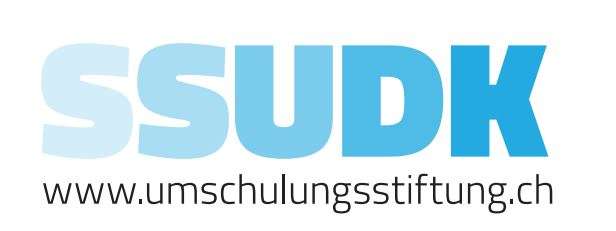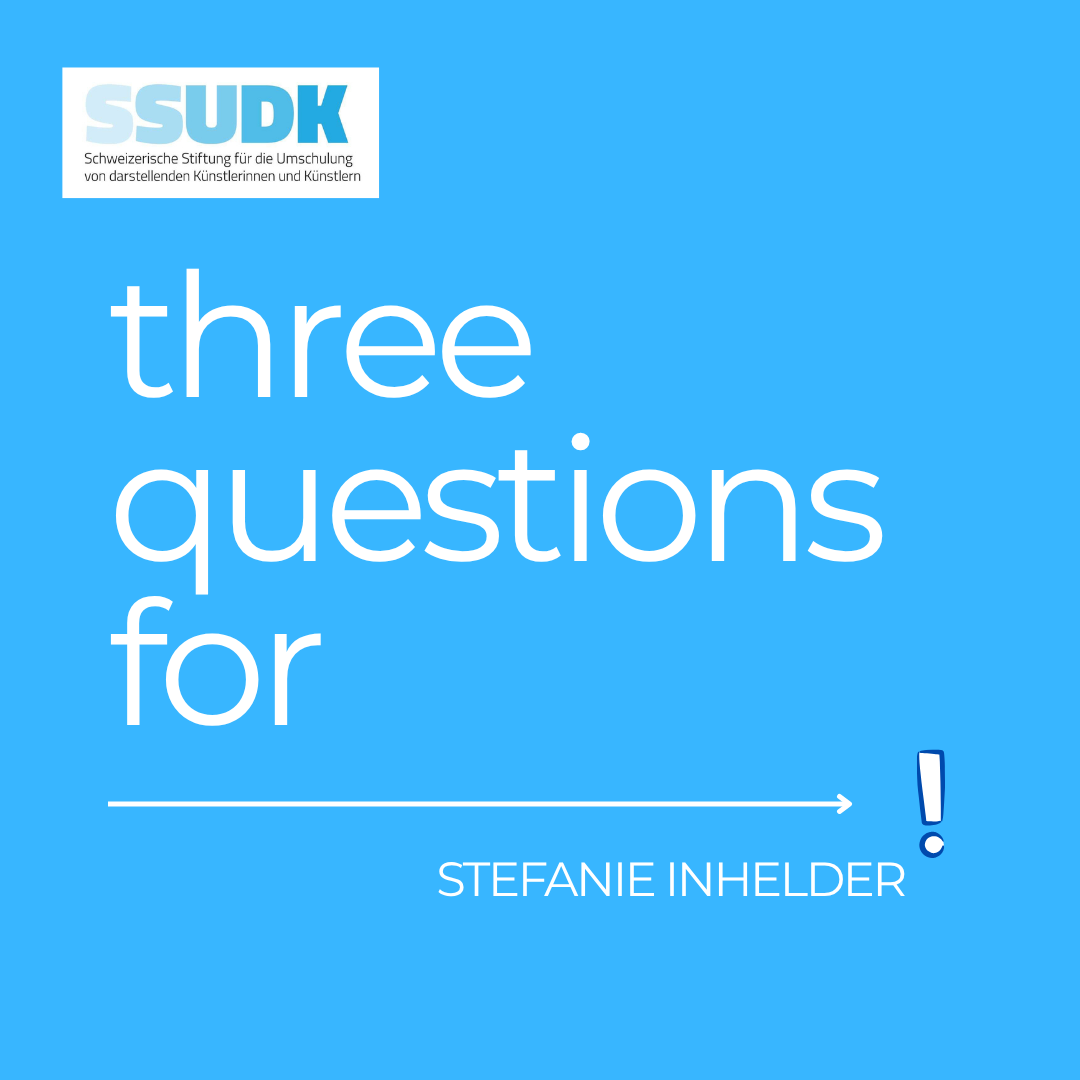Stefanie, you are currently in a professional transition. What inspired you to do this and what challenges and opportunities have you experienced in your transition?
Since 2020, I have been researching at the intersection of dance, sensor technologies and, more recently, generative AI. In recent years, I have also had the opportunity to collaborate with scientists on the topic of post-colonialism. Bringing these two aspects together with choreography opened up a new understanding of the body in our time. Thanks to the coaching with Oliver Dähler, I was able to delve deeper into the question of what this could mean for me professionally.
I decided to enrol in the CAS – Artificial Intelligence for Creative Practices course and am currently learning to programme Python and work with my own motion capture system and machine learning models. In fact, I am learning things in the ‘middle’ of life that I could never have imagined. This is both challenging and incredibly fun at the same time.
At the same time, I applied for Master’s programmes and could hardly believe it when I was accepted by University College London (one of the top 10 universities in the world) for a Master of Science in Digital Humanities.
What skills or experiences from your dance career can you use in your new professional field?
On 27 June I share my first research at the interface between physical and digital bodies in the Immersive Art Space in Zurich. The process made me realise how deeply embodied knowledge is in dancers. I keep observing that we have a special way of reading our environment. In particular, the ability to perceive the space and other people/bodies in it, to create references, to have physically internalised dramaturgy and to collaborate in the context of a connecting idea are unique in the performing arts. At a time when the techno-chauvinistic world view is taking up a lot of space, we carry a form of intelligence within us that no AI can currently even come close to replacing: Embodied Knowledge.
How do you see your professional future? Are there any special projects or visions that you are pursuing?
My focus in the coming year will be on embodied technology and transdisciplinary collaboration between the performing arts, humanities and technology. I want to continue researching how bodies interact with data, what policies would be important in this area and think about how to develop the potential of generative AI in collaboration with dance. I am using the thesis for the MSc Digital Humanities to publish my first academic paper on this topic.
I deeply believe in the importance of cross-disciplinary collaborations and think we bring something special to the table: As creatives, we can turn imagination into reality. Professionally, I would like to utilise this potential to develop multimodal systems in which the body and AI interact fluidly. My dream would be to be involved in the creation of embodied technology in a research lab in Zurich or London.
Without the support of the SSUDK and the coaching with Oliver Dähler, this transformation might not have been possible. The support during this transition gives me the opportunity to completely rethink my professional future, to take everything that is important to me with me and to create a horizon that was unimaginable a year ago.

